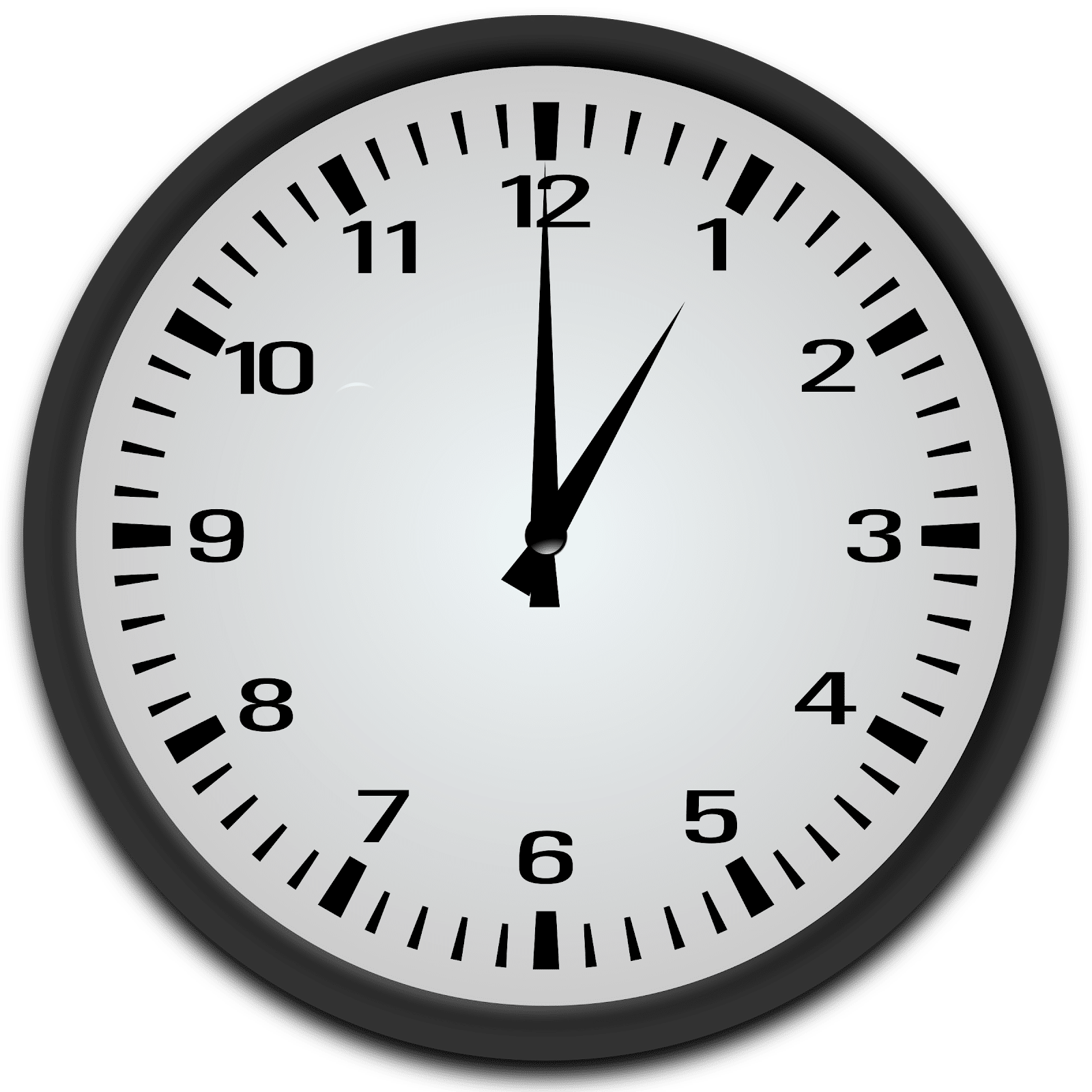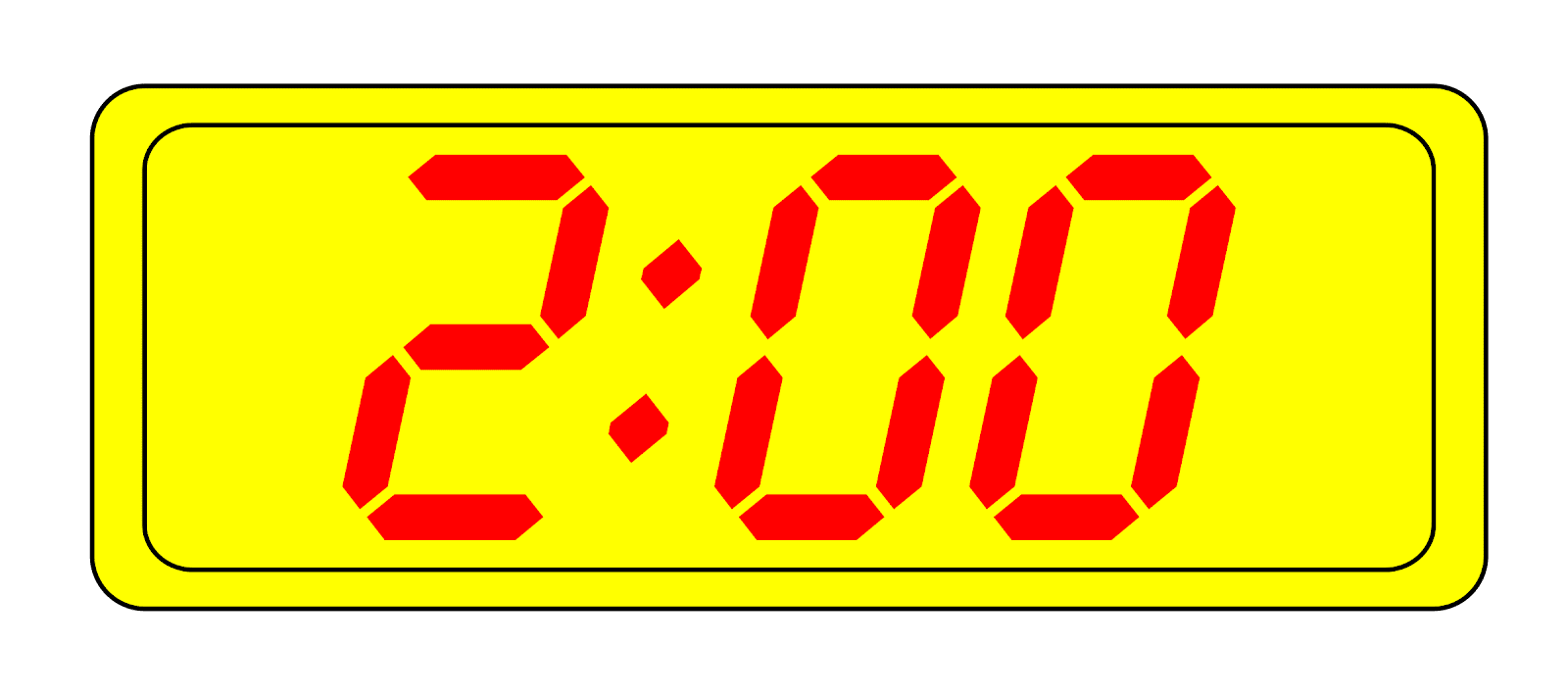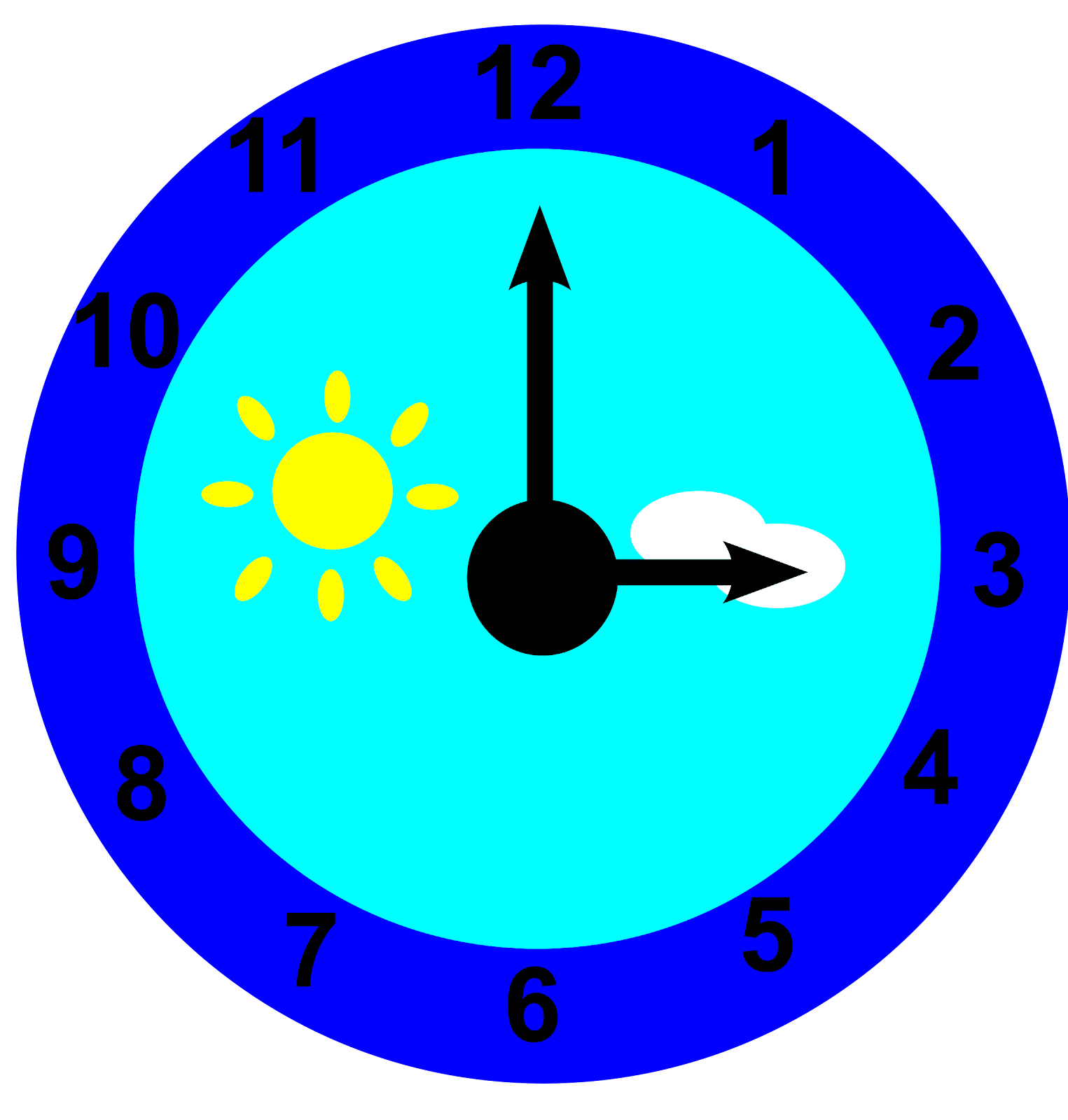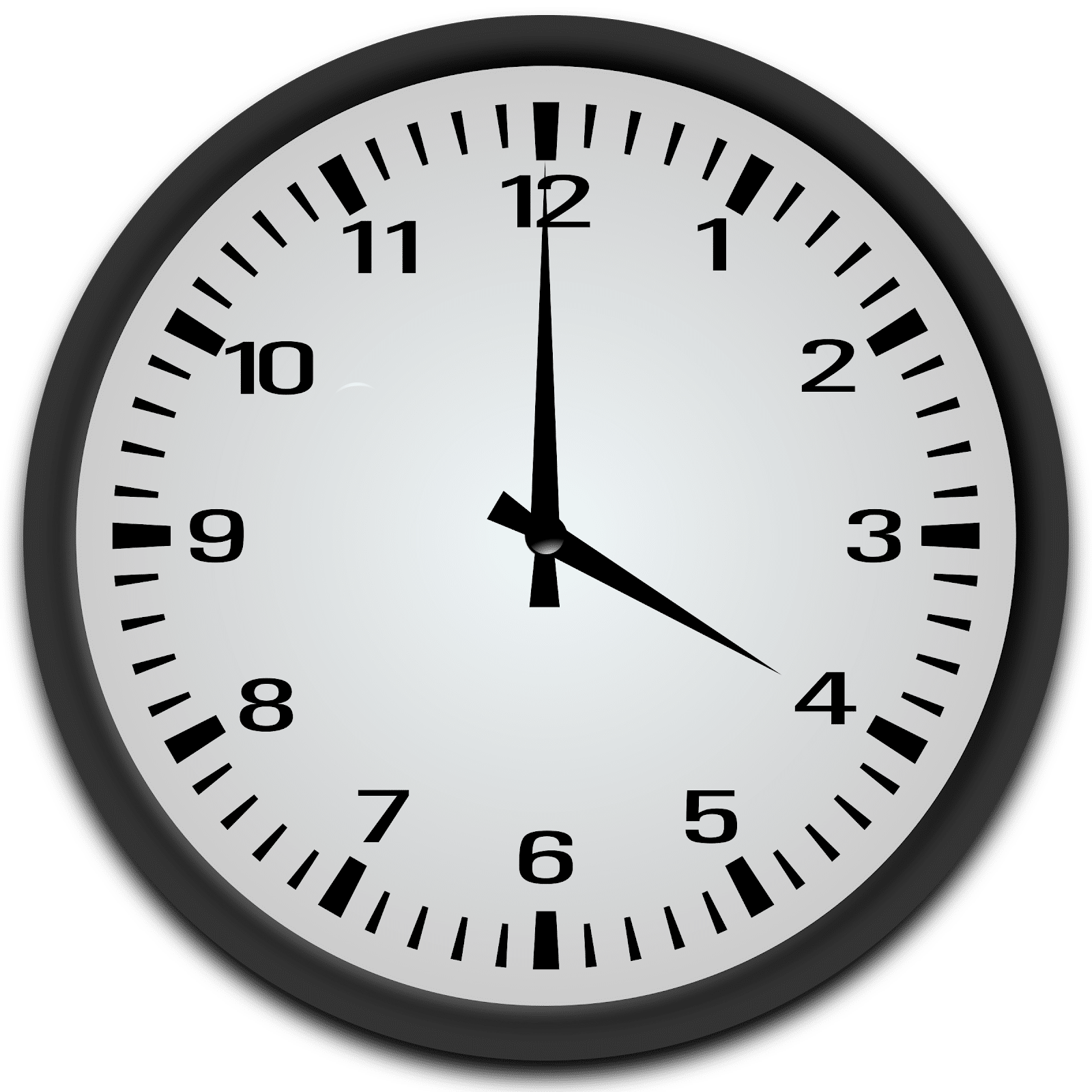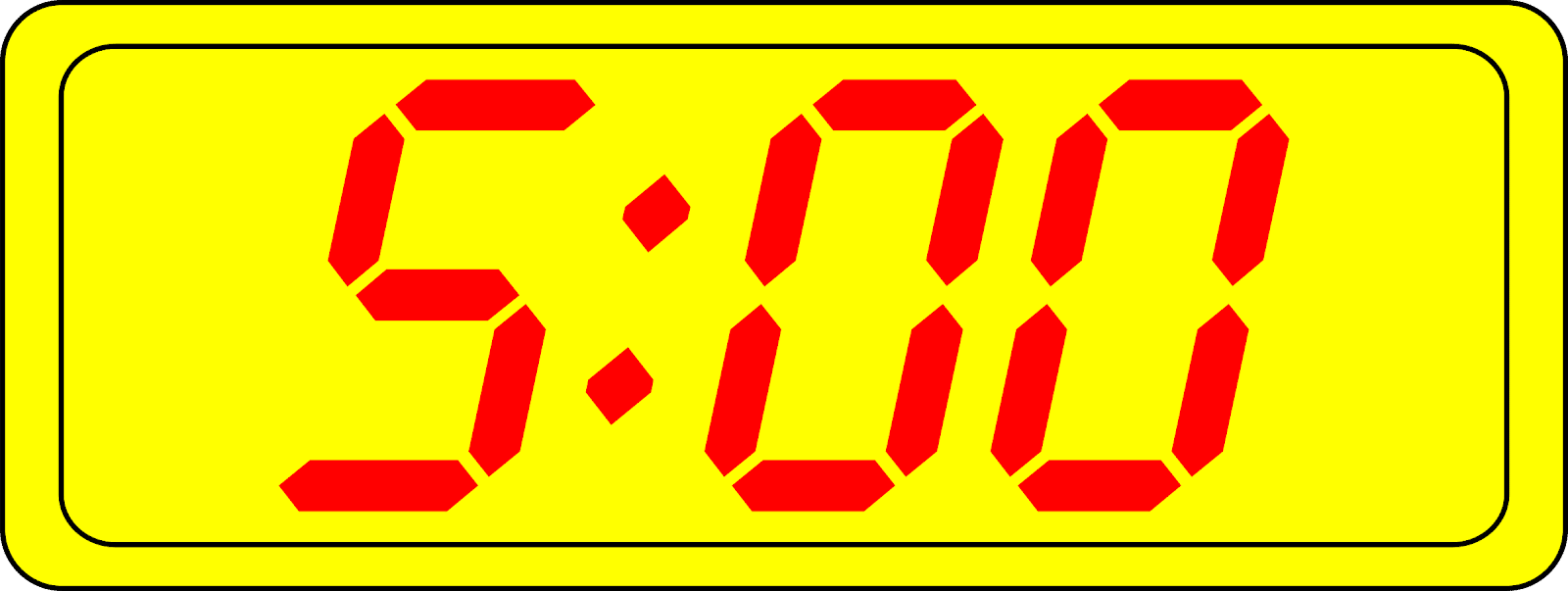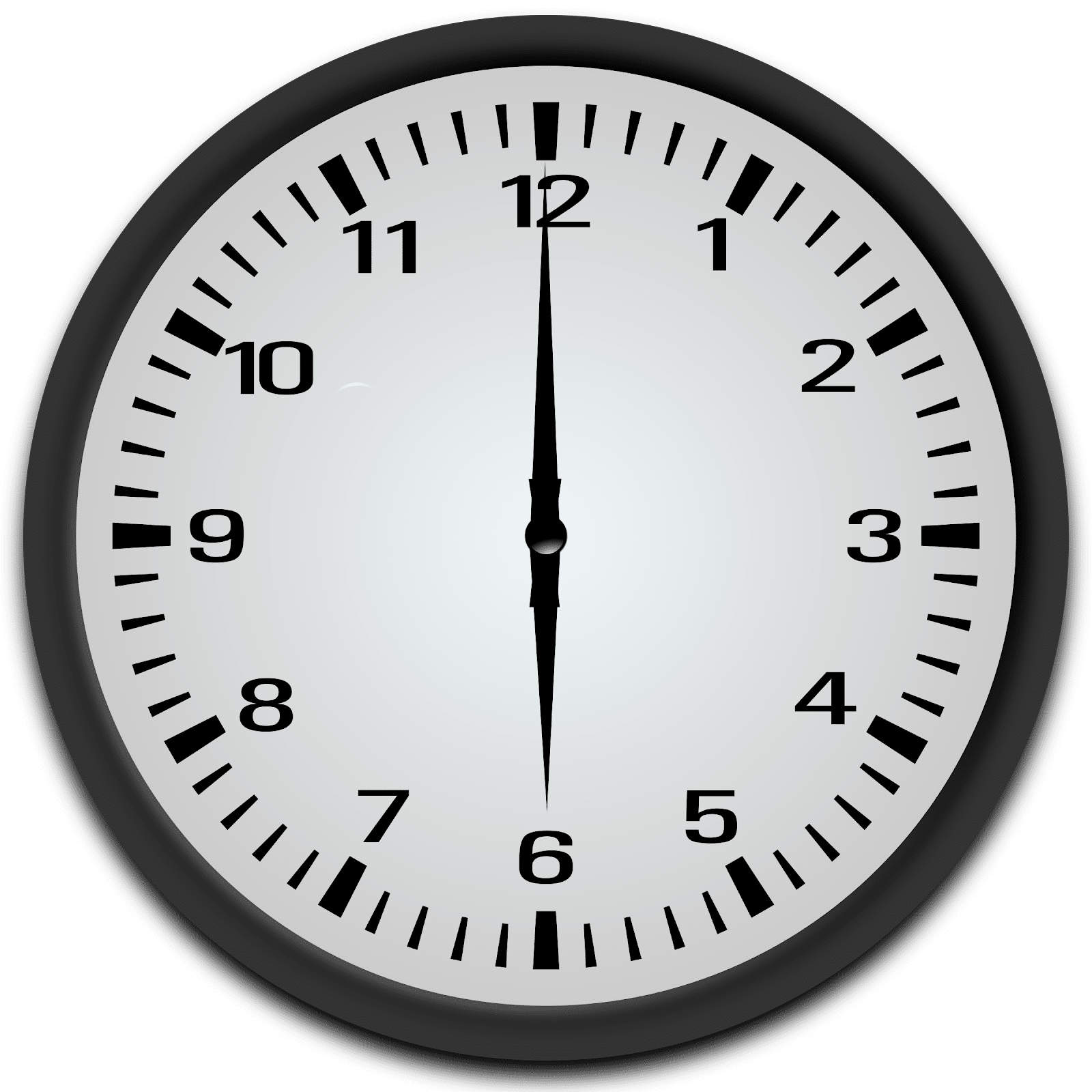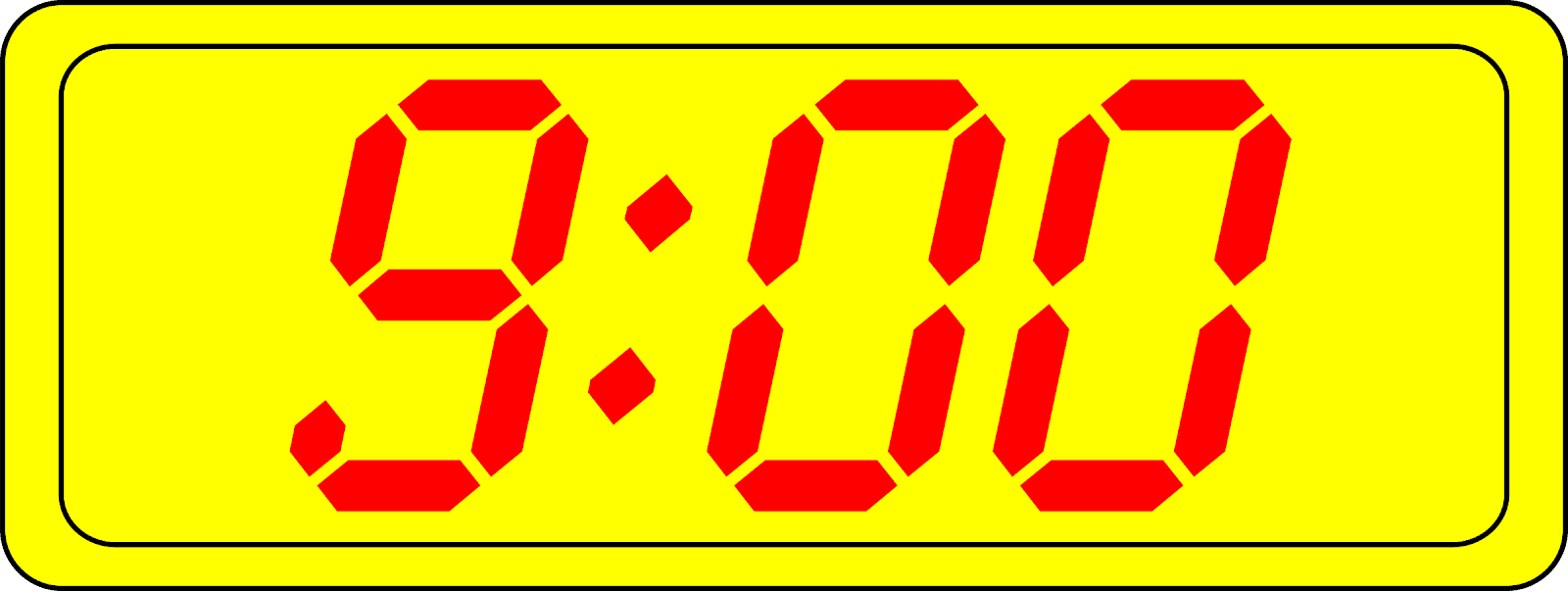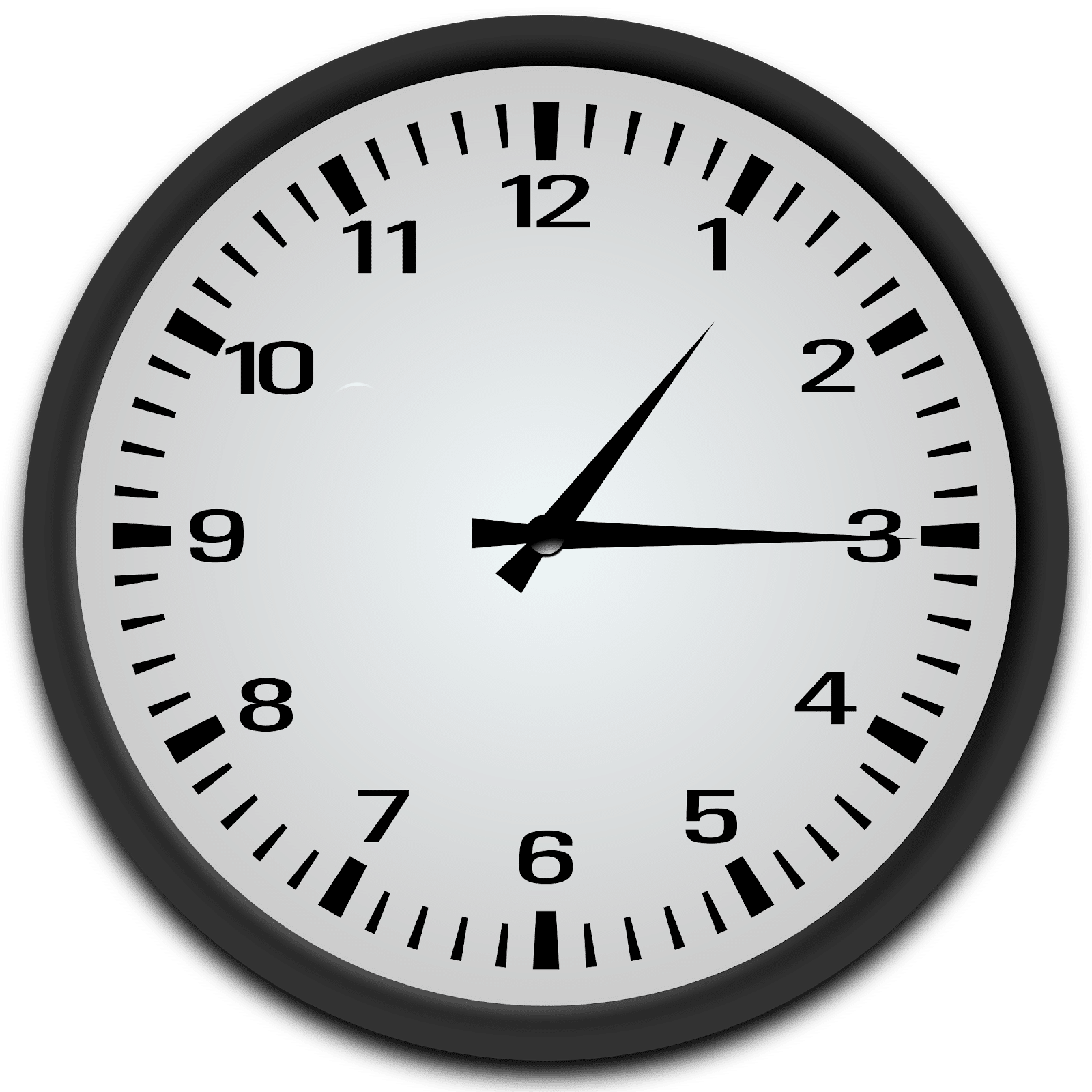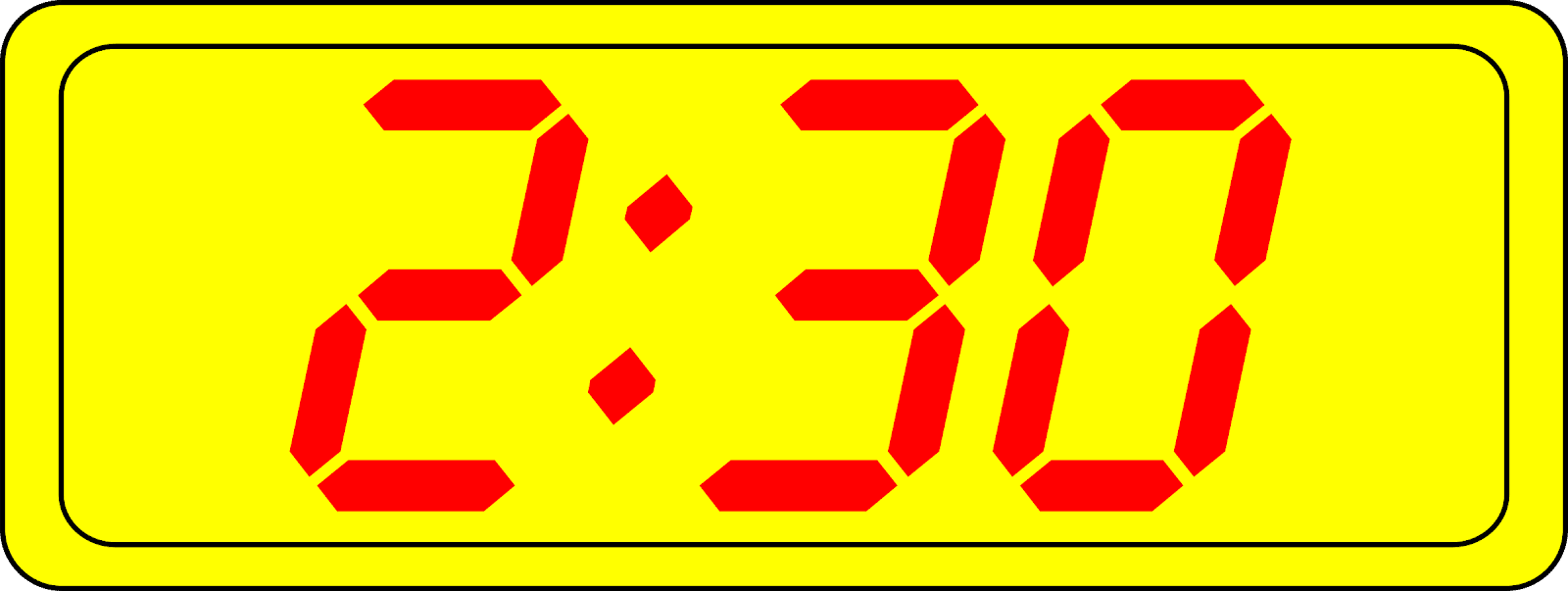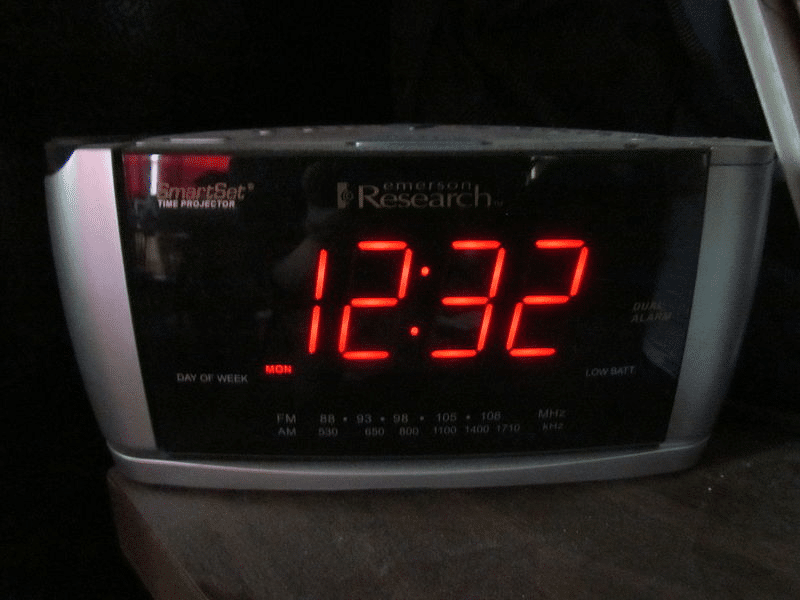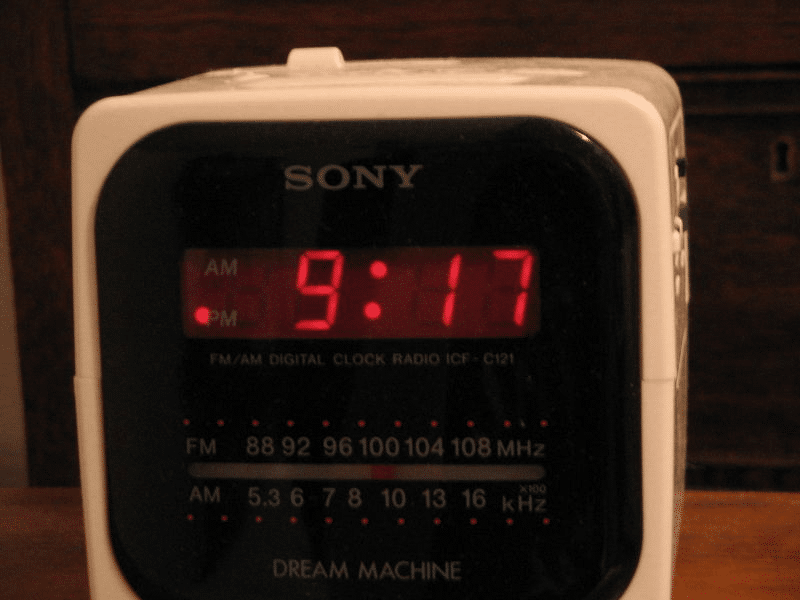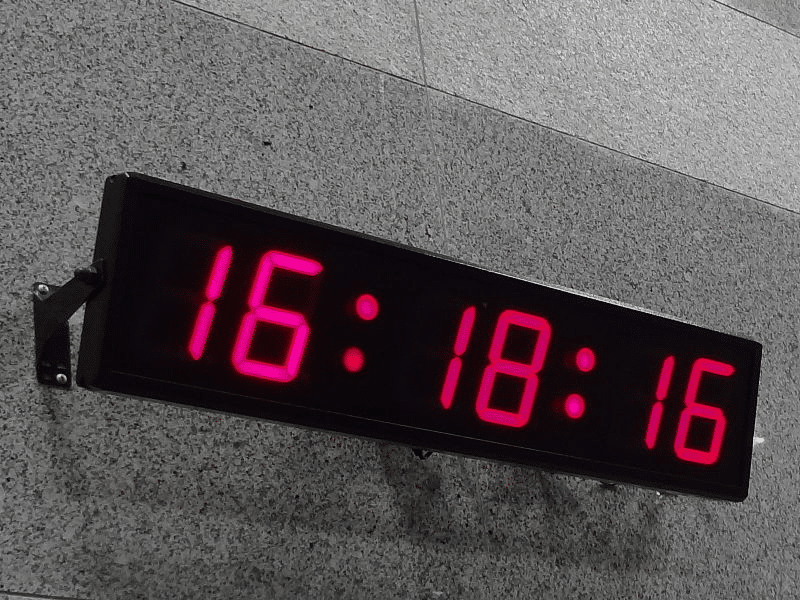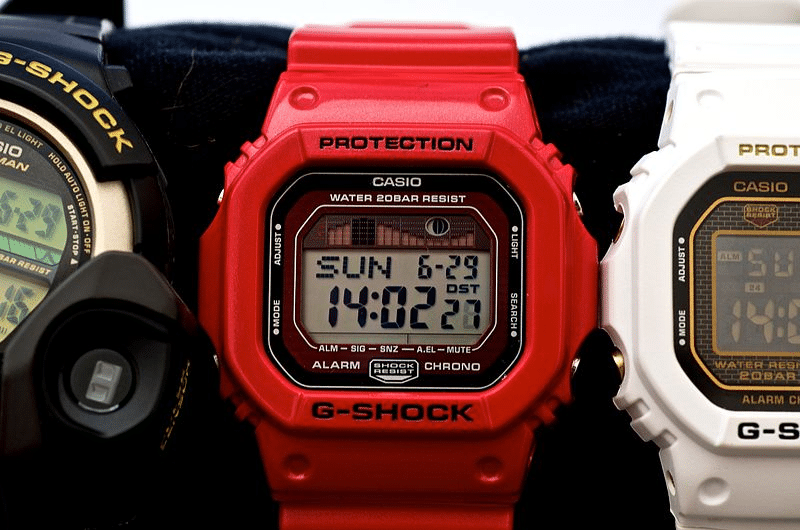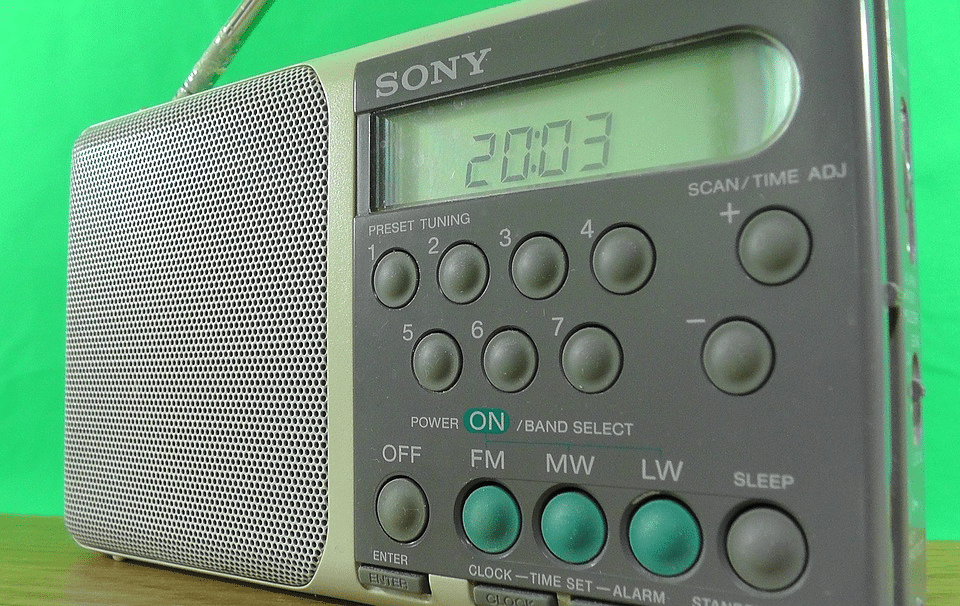7.1 – Kolik je hodin? – Telling Time
Kolik je hodin? – What time is it?
When stating what time it is, we will use the word hodina – ‘hour’ with various numerals. Take a look at the following forms below:
|
Je jedna hodina. |
Jsou dvě hodiny. |
Jsou tři hodiny. |
Jsou čtyři hodiny. |
Notice that for 1:00, the singular verb je is used before jedna hodina, but for 2:00, 3:00, and 4:00 you should use the plural form of the verb jsou along with plural hodiny.
However, when the number is 5 and above, you switch back to je and after the number the word hodina changes to the form hodin. This form (hodin) is actually the genitive plural, so you literally are saying ‘it is five of hours’ in Czech. See the examples below:
|
Je pět hodin. |
Je šest hodin. |
… |
Je devět hodin. |
To summarize:
|
Time |
Form of hodina |
Form of Verb |
|
1:00 |
singular
jedna hodina |
je jedna hodina |
|
2-4:00 |
plural
dvě hodiny tři hodiny čtyři hodiny |
jsou dvě hodiny jsou tři hodiny jsou čtyři hodiny |
|
5:00 |
genitive plural ‘of hours’ (hodin)
pět hodin šest hodin osm hodin |
je pět hodin je šest hodin je osm hodin |
If you want to express minutes past the hour, then use forms of the word minuta. This word patterns just like hodina, so if you want to say one minute – jedna minuta; two minutes – dvě minuty; numbers 5 and above – pět minut, deset minut, třicet minut, etc.
|
Je jedna hodina a patnáct minut. |
Jsou dvě hodiny a třicet minut. |
Je dvanáct hodin a třicet dva minut. |
Je devět hodin a sedmnáct minut. |
As a final note, Czech often uses the 24-hour clock (in America, this is often called “military time”). If you are unfamiliar with the 24-hour clock, take time to read about it (just google it):
|
Je šestnáct hodin a osmnáct minut. |
Je čtrnáct hodin a dvě minuty. |
Je dvacet hodin a tři minuty. |
Images used in this document come from these sources.
